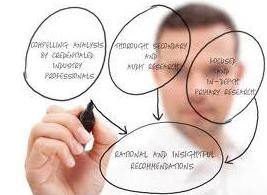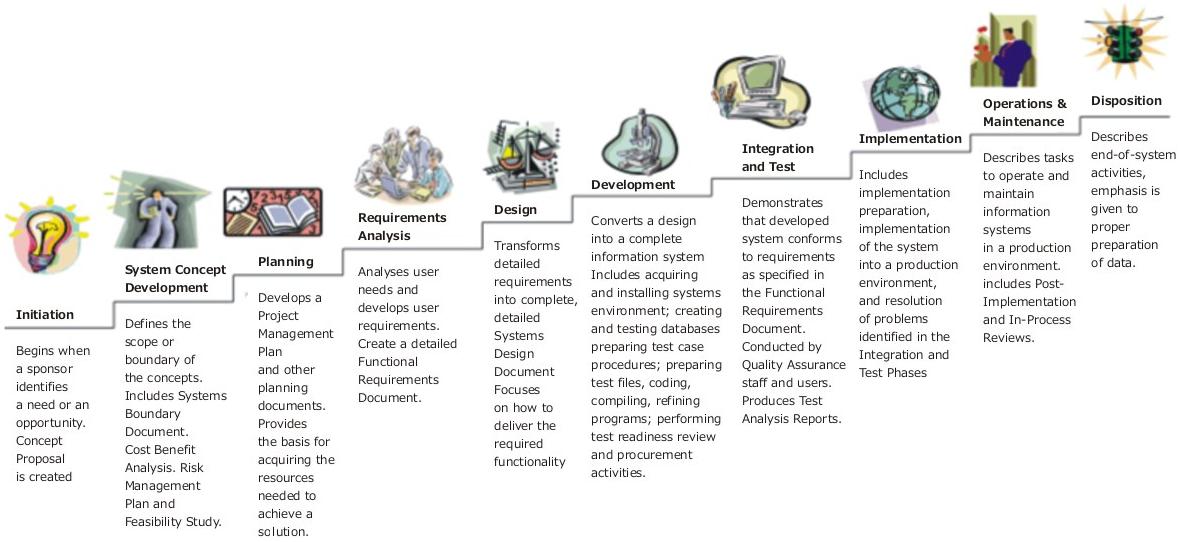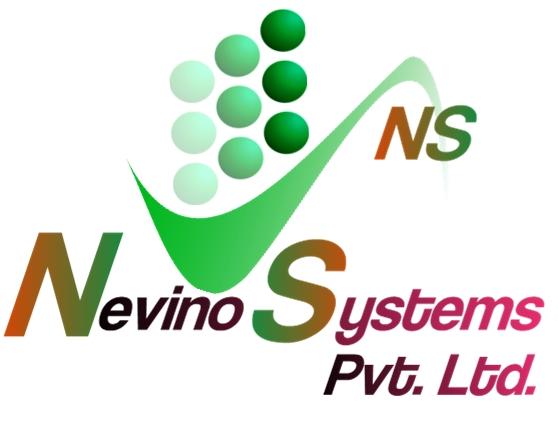Methodology At Nevino Systems

In developing our project execution model, we at Nevino Systems make the project flow easy and transparent for the client. Every project has its 5 stages, which are:
- Inception
- Requirements Management
- Software Solution Development
- Product Integration
- Quality Assurance
Inception
This is when the initial requirements collection takes place - our business analysts and software architects will carefully study your requirements to prepare a comprehensive proposal. You don't have to provide us with structured documentation. Just let us know your thoughts and expectations, and our specialists will work on defining all the details by asking you some questions and offering our ideas on your project. The proposal is free for you and has no obligations.
Requirements Management

At this stage we will clearly describe your requirements in project documentation. Our specialists will prepare a proposal describing the product's performance, technologies, design, verification requirements, etc. as well as the estimation of workload and cost of the project. The requirements management allows for the activities for obtaining and controlling requirement changes and ensuring that other relevant plans and data are kept current. Requirements management continues all through the project, culminating in the comparison of the product against the requirements.
Software Solution DevelopmentThe software solution development is the greatest stage of the project where most of the programming, coding and testing takes place.
Product Integration

At the Product Integration stage we define the best possible integration sequence, integrate product components and deliver the product to the client.
Quality Assurance
Quality Assurance is an essential part of any project, which ensures the top quality of our solutions. This is a complicated process, which takes place at all other stages of the project and includes the following activities:
- Strong project management
- Transparent project flow
- Well-defined requirements and structured project documentation
- Deep testing, bug-tracking and fixing
- Process monitoring, product evaluation in regard to the specified requirements and client expectations
- Usability analysis
- Confidentiality and Intellectual Property Protection


